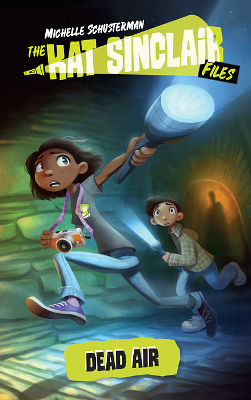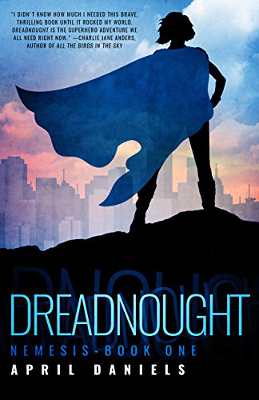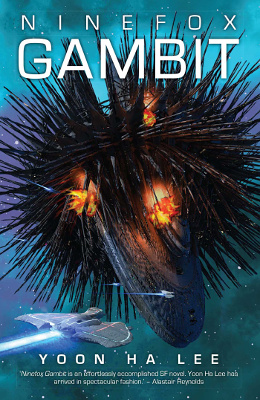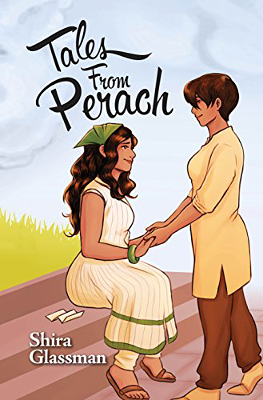 Series: The Kat Sinclair Files, #1
Series: The Kat Sinclair Files, #1
First Published: 1st September, 2015
Genre: Middle Grade Urban Fantasy / Novel
Available: Amazon.com | Amazon UK | Penguin Random House
Kat Sinclair’s dad gets a new job presenting a ghost-hunting TV show. Kat goes with him and starts a behind-the-scenes blog, but there’s more going on than she ever imagined.
Kat is dealing with family issues. Her mother has left. This gives Kat the freedom to find her own style, such as finally being able to cut her hair and wear horror t-shirts. She also gets on a lot better with her dad and grandmother (from her mother’s side). But at the same time, she’s angry her mother left. The children Kat meets on the set also have their own family issues to face. The parents here aren’t shown as one-sided evil people or as always getting it right. They’re realistic families trying to figure things out.
The internet features prominently. Each chapter opens with things like emails, blog posts and forum comments. Kat writes her blog as well as staying in touch with friends and family. It covers the positive things, like people being able to share their interests. It also covers the darker sides, of death threats and obsessive fans. I liked that it handled those issues without making it sound like the internet was the start of them. Kat’s own grandmother had a stalker when she was younger. The tools change, but there will always be people who take it too far.
There is a dash of the supernatural here, but the heart of the story is really the people, rather than the ghosts. Kat has to deal with Oscar, who is about her age. They’re both being homeschooled by the show’s intern Mi Jin. And there’s the whole issue of why the show has such a high turnover of hosts. The mystery unfolds at a reasonable pace. It was obvious to me long before it was to Kat, but that does mean it’s something the reader can figure out.
One of the crew, Lidia, has a congenital heart condition. She has a pacemaker, takes medicine, and has seizures. I did have concerns that this might be written off as having a supernatural cause. Seizures often get shown as something mystical rather than actual seizures. That doesn’t happen here. Some things might aggravate her symptoms, but it isn’t suggested that her heart condition was due to anything other than natural causes. However, I wasn’t fond of the plot requiring the triggering of seizures, as in reality, there’s never a good reason to do this.
Kat is biracial, with a white mother and black father. Her father is the one who appears the most in the story. Mi Jin is presumably Korean American based on her name, though it isn’t stated. There’s a gay supporting character. Generally, these things are handled with a light touch. The plot isn’t focused on them, but they aren’t missable.
This is a fun ghostly adventure, with references to classic horror films, and some new creepy tales of its own. There is some discussion of death (the ghosts tend to have died in bad circumstances), death threats and related violence. It’s handled at an age-appropriate level.
[A copy of this book was received from the publisher for review purposes]
 Series: Nemesis, #1
Series: Nemesis, #1 Series: Machineries of Empire, #1
Series: Machineries of Empire, #1 Series: Mangoverse, #5
Series: Mangoverse, #5 First Published: 24th August, 2016
First Published: 24th August, 2016